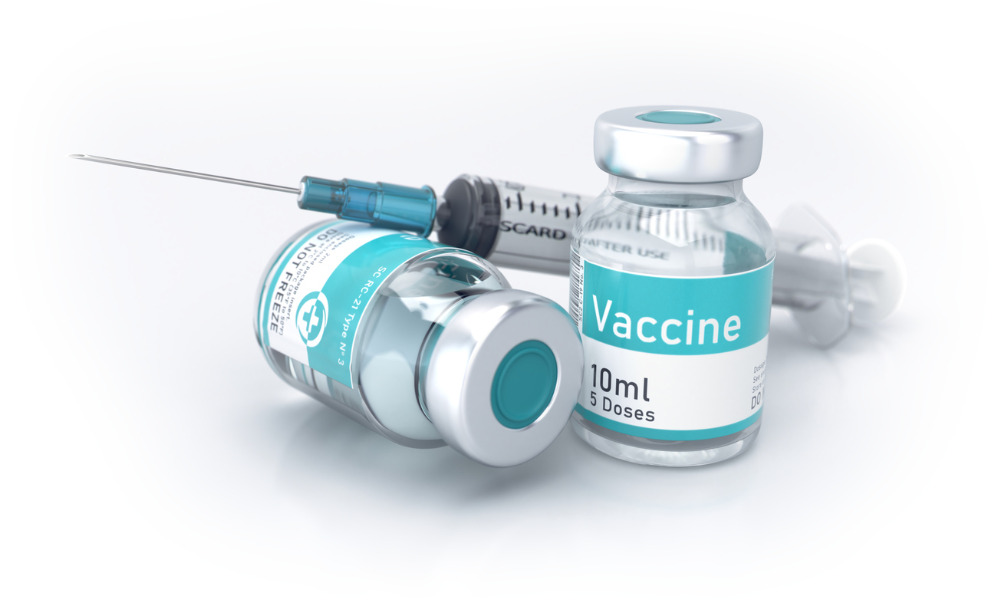Vaccinations are a critical aspect of public health that have significantly reduced the incidence of infectious diseases globally. Vaccines work by stimulating the body’s immune system to produce protective antibodies that can fight off specific pathogens. This article explores the importance of vaccinations in protecting individuals and communities from infectious diseases.
Protecting Yourself
Vaccines are essential in protecting individuals from infectious diseases that can cause severe illnesses or even death. By getting vaccinated, individuals can reduce their risk of contracting and transmitting infectious diseases. Some of the vaccines recommended for individuals include:
- Influenza vaccine
Influenza is a respiratory illness that can cause severe complications such as pneumonia, particularly in individuals with underlying health conditions. Getting an influenza vaccine every year is crucial in protecting oneself from the flu and its complications.
- Human papillomavirus (HPV) vaccine
HPV is a sexually transmitted infection that can lead to cervical, anal, or throat cancer. Getting vaccinated against HPV is recommended for both males and females between the ages of 9 and 26.
- Measles, mumps, and rubella (MMR) vaccine
Measles, mumps, and rubella are highly contagious viral illnesses that can lead to severe complications such as deafness, blindness, and brain damage. The MMR vaccine is recommended for children and adults who have not been vaccinated.
Protecting Others
Vaccines not only protect individuals but also contribute to herd immunity, which is the indirect protection of unvaccinated individuals in a community by reducing the spread of infectious diseases. When a significant portion of a population is vaccinated, the spread of infectious diseases is limited, protecting those who cannot receive vaccines due to medical reasons or age, such as:
- Infants
Infants have immature immune systems and are at higher risk of developing severe infections. Vaccinating parents and caregivers protects infants from vaccine-preventable diseases.
- Immunocompromised individuals
Individuals with weakened immune systems due to medical conditions or treatments, such as cancer or organ transplants, are at higher risk of developing severe infections. Vaccinating those around them protects them from exposure to vaccine-preventable diseases.
- Elderly individuals
As people age, their immune systems weaken, making them more susceptible to infectious diseases. Vaccinating elderly individuals and those around them can reduce the risk of severe infections and complications.
Access to Vaccines
Access to vaccines is crucial in ensuring that individuals and communities are protected from infectious diseases. Canadian Pharmacy is a reliable source of vaccines that can be conveniently accessed online.
Canadian Pharmacy offers vaccines that are approved by Health Canada and meet the same safety and efficacy standards as those available in traditional pharmacies. By providing convenient access to vaccines, Canadian Pharmacy plays a crucial role in ensuring that individuals can protect themselves and their communities from infectious diseases.
Conclusion
Vaccines are essential in protecting individuals and communities from infectious diseases. Getting vaccinated not only protects oneself but also contributes to herd immunity, protecting those who cannot receive vaccines due to medical reasons or age.
Access to vaccines is crucial in ensuring that everyone can protect themselves and their communities from infectious diseases. By providing convenient access to vaccines, Canadian Pharmacy plays a crucial role in promoting public health.





